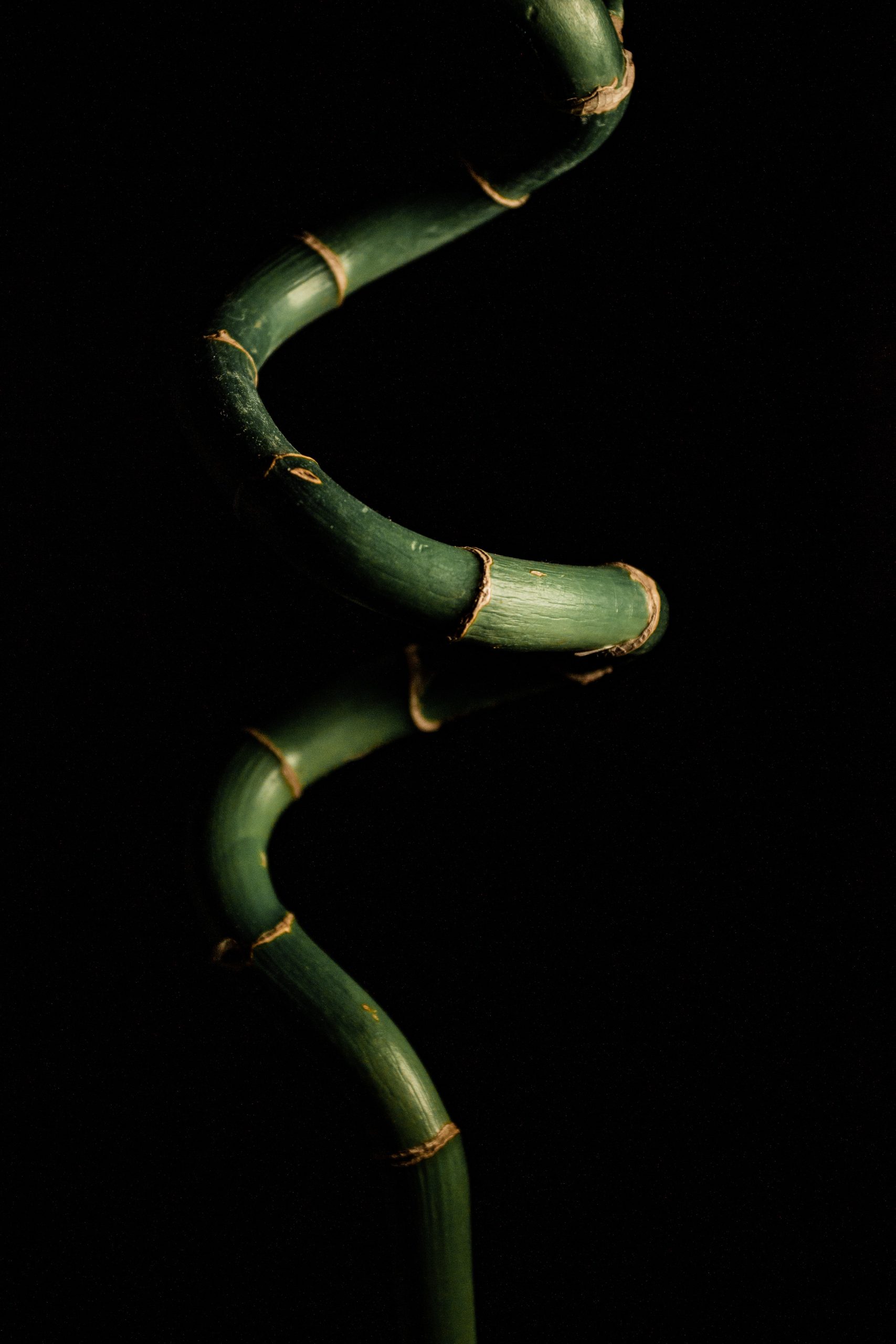Over years, tiles were in the trend, but as they emulate bamboo flooring became the much sophisticated and easier version to install, clean and flaunt. But are they the right kind of flooring choice for you? If it is the appearance of the floor you are really concerned about, then why not head for the bamboo variation.
The kind of choice available in the market often land us in the vicious circle making our mind wander more. To keep your mind in frame, we are bringing up a side-by-side comparison between tile and bamboo flooring.
How flooring can affect the comfort of your house?
We often hear about the cool trendy materials used for flooring purpose. The materials are adamant to regulate the temperature both inside and outside deflecting and reflecting the energy using native tech materials and innovations.
How cool is your home during Australian summer and how warm is it during the chilly winter nights?
Few flooring materials are exceptionally good in holding heat and coolness. Understanding the floor’s temperature regulation, you as a buyer can make a better choice in regards of flooring material. And several other ways to improve the comfort and energy to preserve the floors.
Before that, understand, the basic concept. When floors are exposed to a direct sunlight, warm air flows, and as a response the flooring material heats up. The denser material with wide surface shall retain and radiate heat for a longer period.
In this situation, tiles are fully capable of retaining heat. The product is laid over a layer of ¾ inch of cement. The tile floor directly receives sun heat which makes the room difficult to release the cooler temperature.
Whereas in the case of bamboo flooring, the heat holding capacity is excellent. When installed in any surface area or space it lowers the temperature of the room the entire day.
Key difference between to bamboo flooring and tiles- A proper guide
#1. EASE OF MAINTENANCE
These are easy to maintain and are exactly like hardwood. To preserve its natural look, frequent cleaning is must to avoid dust build-ups, grits, and other debris which could eventually scratch the floor. A regular cleaning is must, but avoid excess water, and wet mopping in hardwood. An immediate spill should be cleaned instantly. This is simple, common-sense and uncomplicated cleaning regime.
Tile: A regular vacuuming, possibly with rubber broom is needed. A neutral cleaner should be used, while avoiding abusive bleaches.
#2. EASE OF INSTALLATION
Bamboo flooring is a kind of hardwood flooring, so its installed like a traditional hardwood. Well, the flooring can be installed individually but to prevent errors you can always take assistance from professional installers at a reasonable price. Bamboo floors can be installed in three methods;
- Floating
- Glue
- Nail
Tiles: Installing tile is tricky. A person with no or little experience can’t professionally get the job done. Until and unless you are an experienced DIY enthusiast don’t push yourself to complete the task.
#3. NATURAL VARIATION
Bamboo possess a beautiful natural variation. The options are available in grain patterns which create a stunning effect over the large areas. The only reason why people opt for bamboo flooring is due to their natural characteristics. And remember no bamboo boards are same, every bamboo installed shall be unique.
Tiles: No doubt they are attractive. The final finish is glossy and well to do. However, the material is either synthetic or ceramic. You can get easily mistaken for the real one and get betrayed.
#4. ORGANIC VS SYNTHETIC MATERIAL
Bamboo is organic and natural material. No unnatural product is used during the production process. However, adhesives such as glue, or nail are used.
Tile: Raw material used to manufacture tiles are clay, chemicals and refined minerals. The executed materials are separated into two particle size, and glass materials. And in the later one decorative feature are added. Several days are taken for the entire process and hence the product is totally synthetic.
#5. PRICING & AVAILABILITY
Bamboo and tiles are similarly priced. If taken for long-term investment, the price of bamboo flooring is significantly less.
#6. WATER RESISTANCE
It has a much better water resistance property. It can essentially dry up every spill, therefore there is less chance for the floorboards to soak moisture. As we know leaving spills for a long time can literally destroy the floor and leave stain.
Tiles: Ceramic tiles do not have any water resistance property. When spilled, it neither soaks the liquid nor dry it up. You need to literally clear it before anybody encounters any accident.
#7. EASE OF REPAIR
Click lock system is present. Hence even if one board gets damaged, you don’t need to entirely change the floorboard instead the broken board can be replaced. No special tool or professional assistance is needed to get it repaired. You can even refinish bamboo if needed.
Tiles: Once cracked, its not possible to get the same pattern or color tile. So, if you pick a tile, repairing can be expensive as you might need to replace the whole one. Even while replacing it, there is a high chance of damaging the remaining title. A special PH balanced cleaning product is needed to clean the tile; therefore, the cost of repair and maintenance can go high.
FINAL VERDICT
The difference between the bamboo and ceramic tile narrows down to durability, pet-friendliness, water-resistance, and cost.
If you want a distinct floor which is eco-friendly with a great DIY option than bamboo floor is great choice. When making investment on tile, do not expect the floor to last for eternity.
Glorious Flooring is supplying wide range of Bamboo flooring to the Sydney market. Several corporate house, residential homes have chosen the product and have given remarkable feedback in terms of price and quality. To know more about the bamboo flooring product, contact us!



